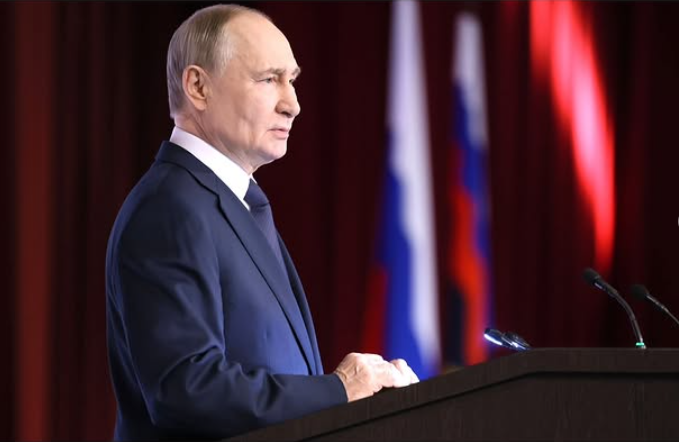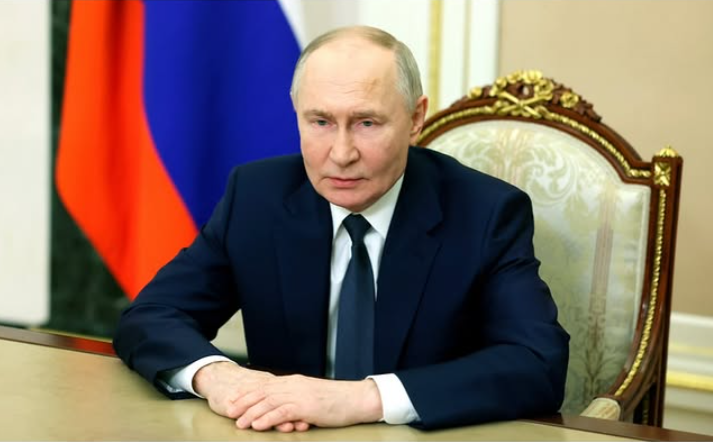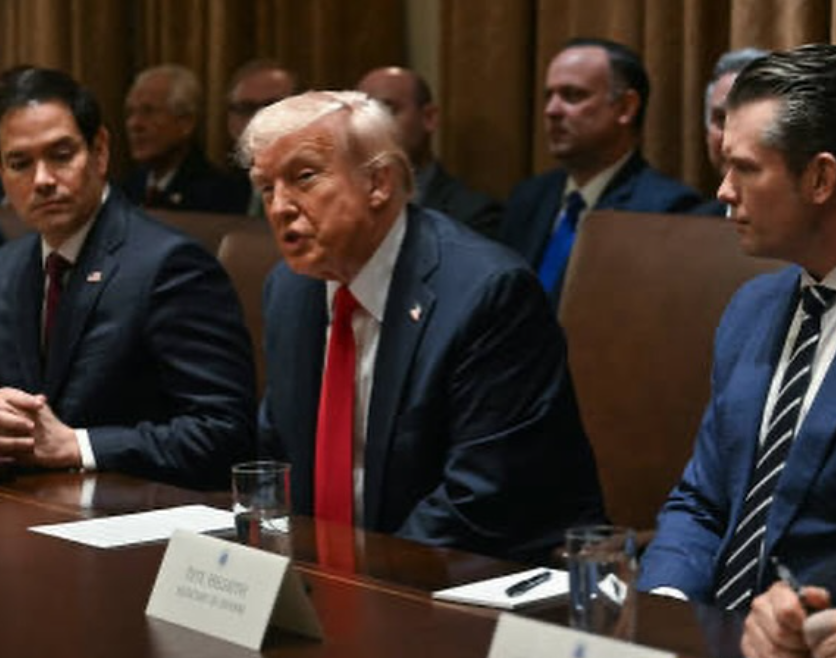[ad_1]
TAPA, Estonia (Reuters) – Prime Minister Theresa May urged the European Union on Friday to respond in kind to proposals she set out in Italy last week that sought to unlock Brexit talks, saying forming a new partnership was in the bloc’s interest as well.
Speaking to Reuters in Estonia after meeting British troops, May said she believed the speech in Florence a week ago had given new momentum to the troubled divorce negotiations and had seen signs to suggest it had broken the deadlock.
But she did not say whether she thought it was enough to move the talks on to a discussion of the future relationship by an October summit after EU negotiators said again this week that not enough progress had been made.
“A week ago I gave a speech in Florence which set out how we have made good progress so far, I thought we could make further progress and moving on to looking at the future deep and special relationship and partnership that we want to build with the European Union when the UK has left the EU,” she said.
“I made that speech to give momentum to the talks and I think we have seen that being shown in the talks that have taken place this week and further progress has been made.”
Following the latest round of talks this week, the EU’s top negotiator said May’s speech had created a “new dynamic”, but more progress was needed to move to the next phase of discussions.
May, weakened by a June election when she lost her Conservative Party’s majority, hopes to use the informal summit in Estonia to talk to EU leaders about Brexit, and to underline Britain’s role in European security to try to win goodwill.
Standing beside French President Emmanuel Macron and Estonia’s Juri Ratas, she chatted to some of the 800 troops Britain has deployed at a military base in Tapa, northern Estonia, as part of NATO’s moves to defend against a newly assertive Russia on the EU’s border.
By focusing on defence in Tallinn, May will want to show that Britain has something to offer its European neighbours and will say she is ready to share British expertise – including through the National Cyber Security Centre (NCSC) – to help EU nations build up their own cyber-security capability.
That, she hopes, could bolster her argument for pushing the Brexit talks forward.
“I set out what I thought was the future deep and special partnership we can build with the EU and I look for the speech that I set out for that being reciprocated in proposals that the EU will come forward with,” she said.
writing by Elizabeth Piper and Kate Holton, editing by Paul Sandle and Toby Chopra
[ad_2]
Source link






Leave a Reply